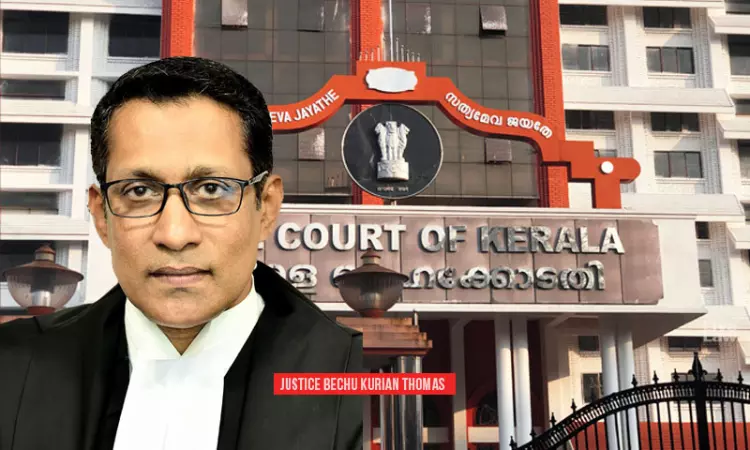Non-Compliance With Centre's MSME Framework Does Not Nullify An NPA Declaration Under SARFAESI Act: Kerala High Court
Navya Benny
15 Sept 2023 10:04 AM IST

Next Story
15 Sept 2023 10:04 AM IST
The Kerala High Court recently held that the ‘Framework for Revival and Rehabilitation of Micro, Small and Medium Enterprises' issued by the Centre in 2015 is only optional and that its non-compliance does not render an NPA declaration void.The said Framework outlines a procedure for banks to follow before declaring an MSME's account as an NPA (Non-Performing Asset).Justice Bechu Kurian...
